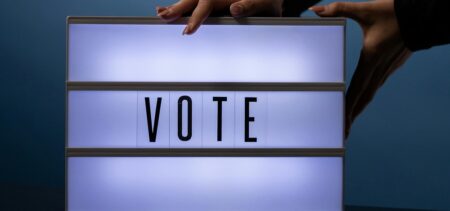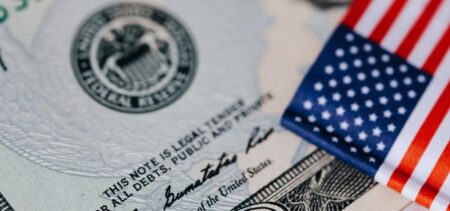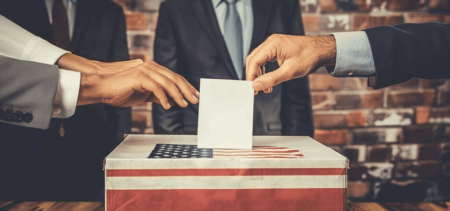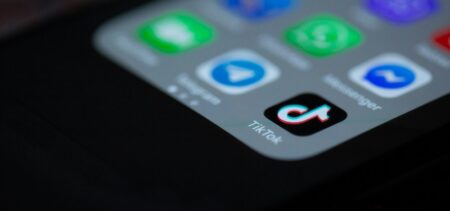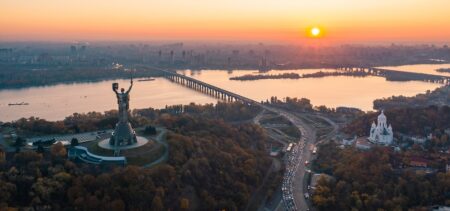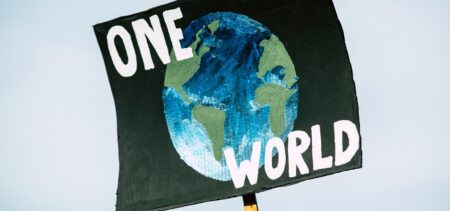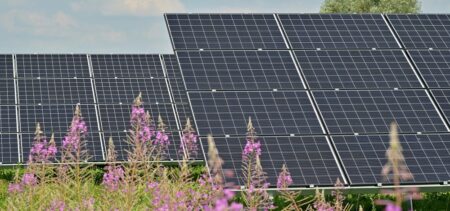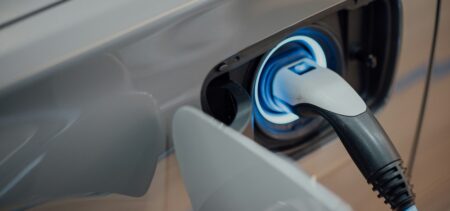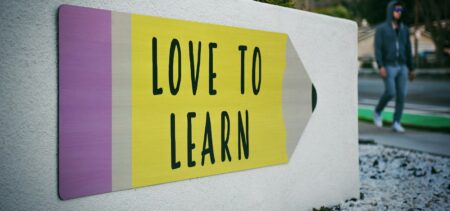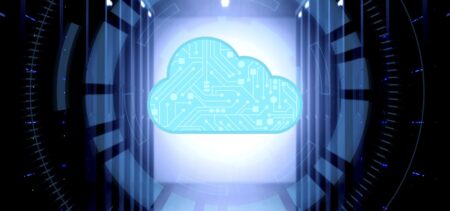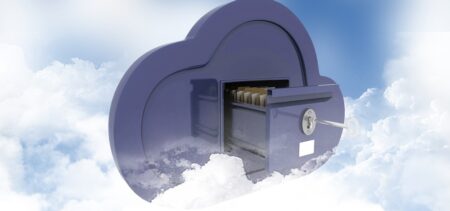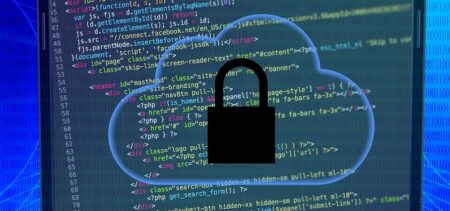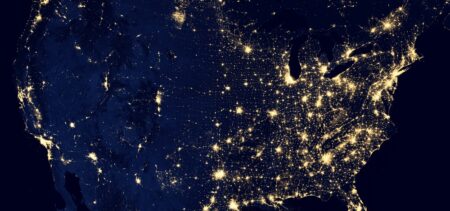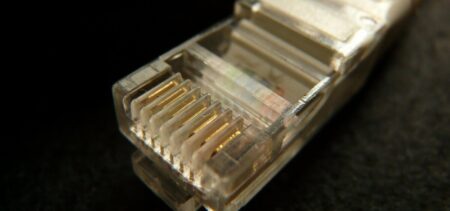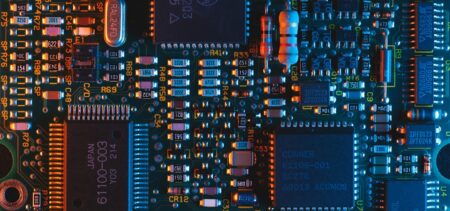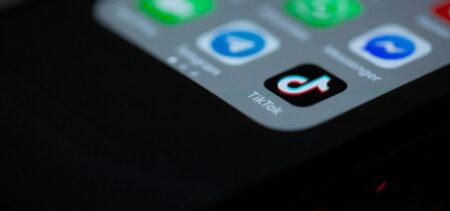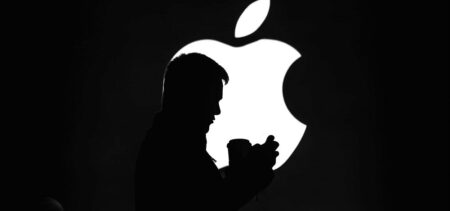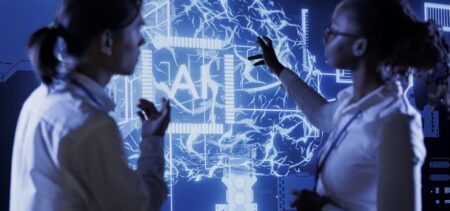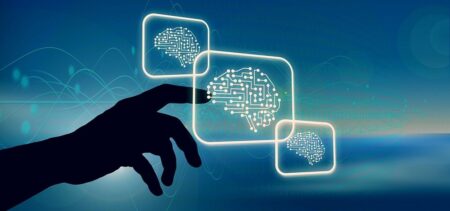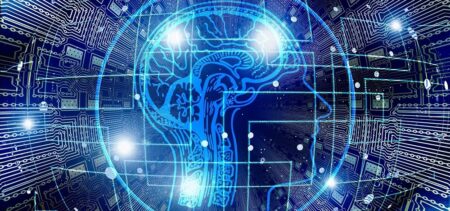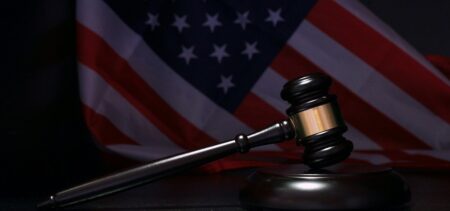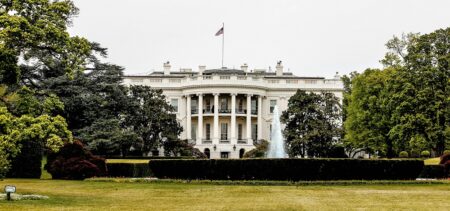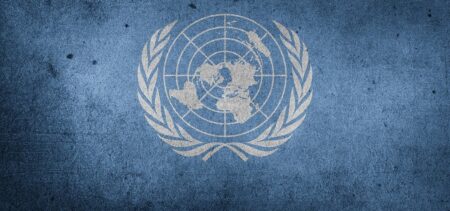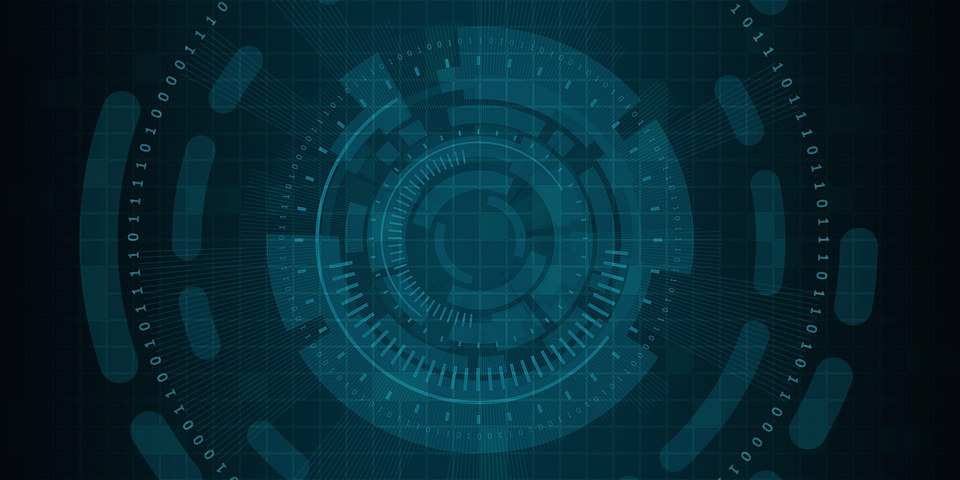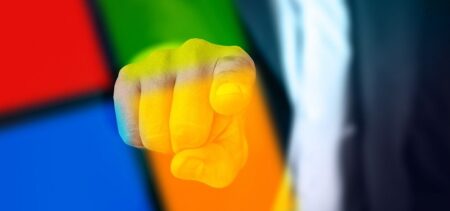The Apple vs. DOJ/FBI week continues with a Tim Cook interview that aired Wednesday evening on national television. Apple’s CEO sat down (in his office) with David Muir of ABC News, in his first public discussion since the court order that required the tech company to provide technical assistance in the San Bernardino shooting case. In the 30 minute-long interview, the two covered most of the important developments in the debate. Even through Tim Cook’s calm, well-prepared (and sometimes patriotic) answers, you could still see his devotion toward Apple’s stance on the creation of a backdoor, or as the company’s CEO called it – “the software equivalent of cancer.”
A recent poll has revealed that 51% of Americans agree that Apple should unlock the phone, while only 38% think that the backdoor shouldn’t be created. The remaining 11% haven’t decided what the right course of action would be. When asked about his opinion of these results, Tim Cook mentioned the thousands of emails he started receiving ever since his open letter “A message to Our Customers”.
“This is not about a poll, this is about the future,” he said. “People understand what is at stake here. An increasing number support us. I’ve gotten thousands of emails since this occurred, and the largest single category of people are from the military. These are men and women who fight for our freedom and our liberty, and they want us to stand up and be counted on this issue for them. I’m reading every one of them [the emails]. They are very heartfelt and very emotional.”
Tim Cook reminded that this discussion is also about freedom of expression and freedom of speech, core principles of the U.S.
FBI’s crucial mistake
According to Cook, Apple gave significant advice to the FBI throughout the case. Unfortunately, a crucial mistake (acknowledged by the FBI) was made in the early days of the investigation that could have prevented this whole ordeal.
“One of the things that we suggested was to take the phone to a network it would be familiar with – which is generally the home, plug it in, power it on, leave it overnight so that you would have a current backup [on the iCloud],” said Cook. “You could think of it as making a picture of almost everything on the phone. Unfortunately in the early days of the investigation, the FBI directed the reset of the iCloud password. When that is done, the phone no longer backs-up to the cloud. I wish they would have contacted us earlier, so that that would not have been the case,” he added.
This mistake was acknowledged by the FBI, and assuming the cloud backup was still on (which is likely the case), this missed opportunity to sync with the iCloud was crucial.
What we know and what we could find out
Here are the facts: the information on Sayed Farook’s phone might not be relevant. Neither Apple, nor the FBI know if there is any useful information on the iPhone at all. These are confirmed facts, by both the agency and the tech company. According to Cook, most of the information that is left on the phone – like phone calls, messages, can be exposed from other places as well, without the need of any backdoor.
The question that remains is this: What other information stored on a phone could be useful to an investigation? Is it likely that the attackers would have stored valuable photos, or any kind of other useful files on this iPhone 5c? Probably not. Taking all this into account, is it worth it to risk the security of millions of customers and set a precedent for who knows how many future privacy issues? Keep in mind that devices today store more valuable data than probably our entire homes. Hacking a smartphone could expose health issues, financial data, and even the location of our families.
“I think safety of the public is very important,” said Cook. “Safety of our kids, safety of our families is very important. The protection of people’s data is incredibly important. The trade-off here is we know that doing this could expose people to incredible vulnerabilities. This is not something that we would create. This would be bad for America. It would also set a precedent that I believe many people in America will be offended by. When you think about those that are known, compared to something that might be there, I believe we are making the right choice.”
What it could lead to
To simplify the whole explanation of Apple’s security philosophy, we will use (as Tim Cook did) the house example. If a house has a secure door, there still is the possibility of a break-in. But what if the house has no door in the first place? Then creating it in order to break in would be difficult even for the builders of the house, and probably next to impossible for the intruders. The problem is that once created, nothing can guarantee the safety of the process, and recent attacks have proven that the government’s defenses still need plenty of upgrades. Imagine what increase in cyberattacks they would face when there’s a universal iPhone key at stake.
In simple terms, that is why Apple doesn’t have an iPhone backdoor available, and why the company opposes creating it. This case is also crucial for future similar investigations. The US Justice Department already wants Apple to unlock at least 12 other iPhones in other cases. “Think about what else they could ask us to write. Maybe it’s an operating system for surveillance, maybe it’s the ability for law enforcement to turn on the camera,” Cook added.
If Apple’s quest for privacy and safety is unsuccessful, chances are that other companies will probably be affected by similar court orders in the future. There’s more at stake here than it might seem, even if FBI Director James Comey’s comments on the matter urge us to stay calm.
Tim Cook plans to meet with President Obama to discuss the situation, as well as Congress representatives. Though he wanted to show optimism and relief that this debate is happening, Apple’s CEO admitted the company is in a rough spot. Faced with what’s probably the toughest situation for him so far, Tim Cook perfectly summed up the complexity of the decision:
“Some things are hard, and some things are right. And some things are both. And this is one of those things.” We rest our case (for now).



